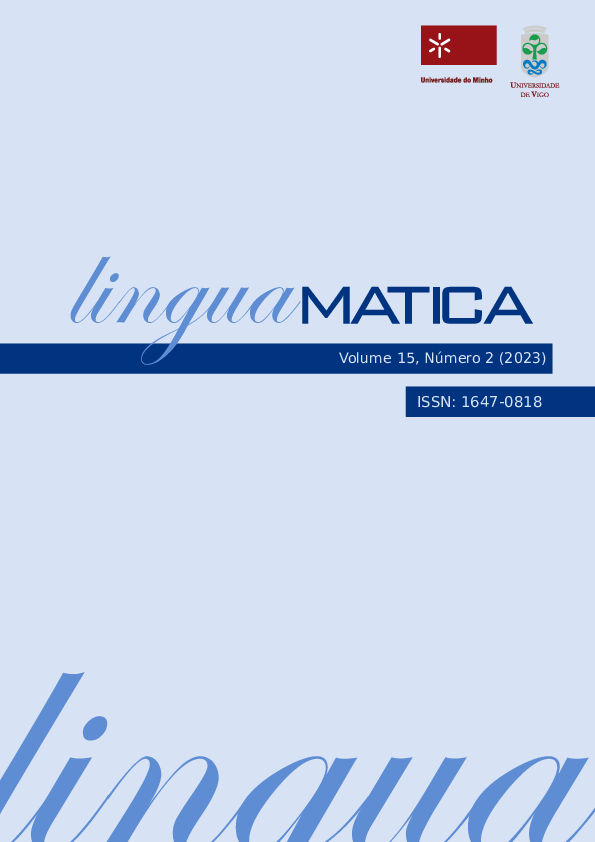Arbitrary Portuguese text style transfer
Abstract
In Automatic Natural Language Generation, arbitrary style transfer models aim to rewrite a text using any desired new set of stylistic features. In the case of the Portuguese language, however, we notice that the resources required for the development of models of this type are still considerably scarce compared to those dedicated to the English language. Thus, as a first step towards the development of advanced methods of this kind, the present work investigates the issue of arbitrary style transfer with the aid of paraphrases in Portuguese, combined with the use of neural models built from sequence-to-sequence architectures and by refining a number of large language models. In addition to the textual rewriting models themselves, the study also presents novel resources for the task in the form of a corpus of paraphrases and a model of embeddings
validated in both sentence similarity and simplification tasks, with results comparable to the state of the art.
Copyright (c) 2023 Pablo Botton da Costa, Ivandré Paraboni

This work is licensed under a Creative Commons Attribution 4.0 International License.
Authors who publish with this journal agree to the following terms:
- Authors retain copyright and grant the journal right of first publication with the work simultaneously licensed under a Creative Commons Attribution License that allows others to share the work with an acknowledgement of the work's authorship and initial publication in this journal.
- Authors are able to enter into separate, additional contractual arrangements for the non-exclusive distribution of the journal's published version of the work (e.g., post it to an institutional repository or publish it in a book), with an acknowledgement of its initial publication in this journal.
- Authors are permitted and encouraged to post their work online (e.g., in institutional repositories or on their website) prior to and during the submission process, as it can lead to productive exchanges, as well as earlier and greater citation of published work (See The Effect of Open Access).













